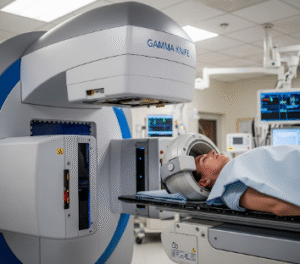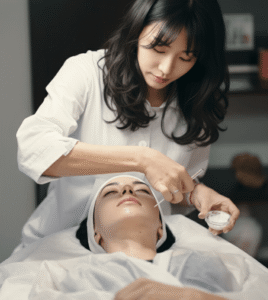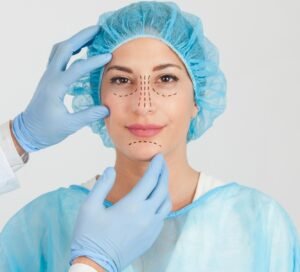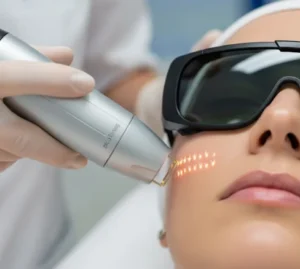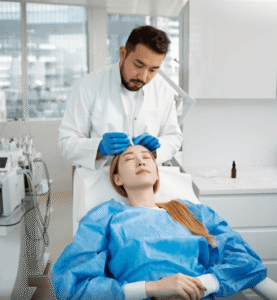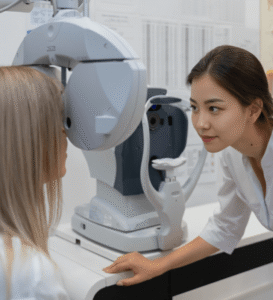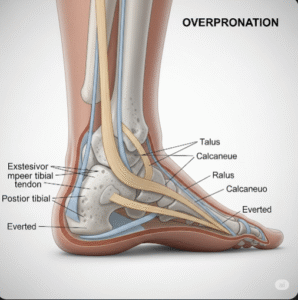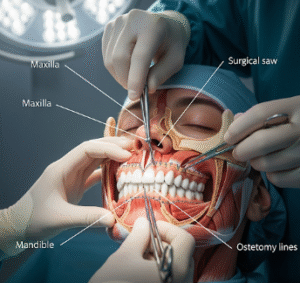Overview
Pemphigoid is a group of rare autoimmune blistering skin diseases that primarily affect older adults. It causes the immune system to mistakenly attack the skin and mucous membranes, leading to fluid-filled blisters, inflammation, and significant discomfort. The most common form is bullous pemphigoid, but other variants exist. Though chronic and potentially severe, pemphigoid can be effectively managed with early diagnosis and treatment. South Korea offers advanced dermatological care, including immunosuppressive therapies and specialized wound care.
What is Pemphigoid?
Pemphigoid is an autoimmune disorder in which the body’s immune system produces antibodies that attack the basement membrane—the layer connecting the outer skin (epidermis) to the inner layers (dermis). This results in the formation of tense blisters on the skin or mucous membranes.
Types of pemphigoid include:
- Bullous Pemphigoid – the most common type, affecting the skin
- Mucous Membrane Pemphigoid (Cicatricial Pemphigoid) – primarily affects the mucous membranes (mouth, eyes, genitals)
- Pemphigoid Gestationis – a rare pregnancy-related autoimmune blistering disorder
Symptoms
Symptoms vary based on the type of pemphigoid but typically include:
- Large, tense blisters filled with clear fluid
- Itching, redness, or irritation before blisters form
- Skin blisters commonly on the arms, legs, abdomen, or back
- Mouth or eye ulcers in mucous membrane pemphigoid
- Pain or burning sensations
- In some cases, scarring or pigmentation changes after healing
Causes
Pemphigoid is caused by a malfunction in the immune system, which produces autoantibodies that attack proteins involved in skin cell adhesion. The exact trigger is not fully understood, but potential causes and contributors include:
- Aging (most common in people over 60)
- Medications such as diuretics, antibiotics, or biologic agents
- Radiation therapy
- Ultraviolet (UV) exposure
- Genetic predisposition in some cases
- Pregnancy (in pemphigoid gestationis)
Risk Factors
Certain factors increase the risk of developing pemphigoid:
- Older age, especially over 60
- Autoimmune diseases such as rheumatoid arthritis or lupus
- Neurological disorders like Parkinson’s disease, multiple sclerosis, or dementia
- Genetic susceptibility
- Use of triggering medications
- Pregnancy, in rare forms like pemphigoid gestationis
Complications
If left untreated or poorly managed, pemphigoid can lead to several complications:
- Secondary skin infections due to open blisters
- Scarring or pigmentation changes
- Pain and difficulty eating or speaking, especially with oral involvement
- Vision loss, if eye involvement is not treated
- Side effects from long-term corticosteroid or immunosuppressive therapy
- Reduced quality of life due to chronic discomfort
Prevention
While pemphigoid cannot be entirely prevented, the risk of flare-ups or complications can be reduced by:
- Avoiding known triggering medications
- Using gentle skincare products to avoid irritation
- Protecting skin from trauma, sunburn, or heat
- Early treatment of symptoms to reduce disease progression
- Maintaining regular follow-ups with a dermatologist
- Avoiding self-medication, especially steroids or over-the-counter creams
Treatment Options in Korea
South Korea is recognized for its advanced dermatological treatment and autoimmune disease management. Pemphigoid is typically treated with a combination of medications and supportive care:
Medications:
- Corticosteroids (topical or oral): The mainstay of treatment to reduce inflammation
- Immunosuppressants: Azathioprine, mycophenolate mofetil, or methotrexate
- Tetracycline antibiotics: Sometimes used with nicotinamide for mild cases
- Biologics: Rituximab may be used in severe or treatment-resistant cases
- Topical therapies: Potent steroid creams or anti-inflammatory agents
Supportive Care:
- Wound care for blisters to prevent infection
- Nutritional support, especially if oral ulcers impair eating
- Ophthalmologic care for mucous membrane involvement
- Patient education on flare-up triggers and skin hygiene
Hospital-based treatment:
- Severe cases may require hospitalization for IV medication and close monitoring
- South Korean hospitals offer multidisciplinary care involving dermatologists, ophthalmologists, and immunology specialists


